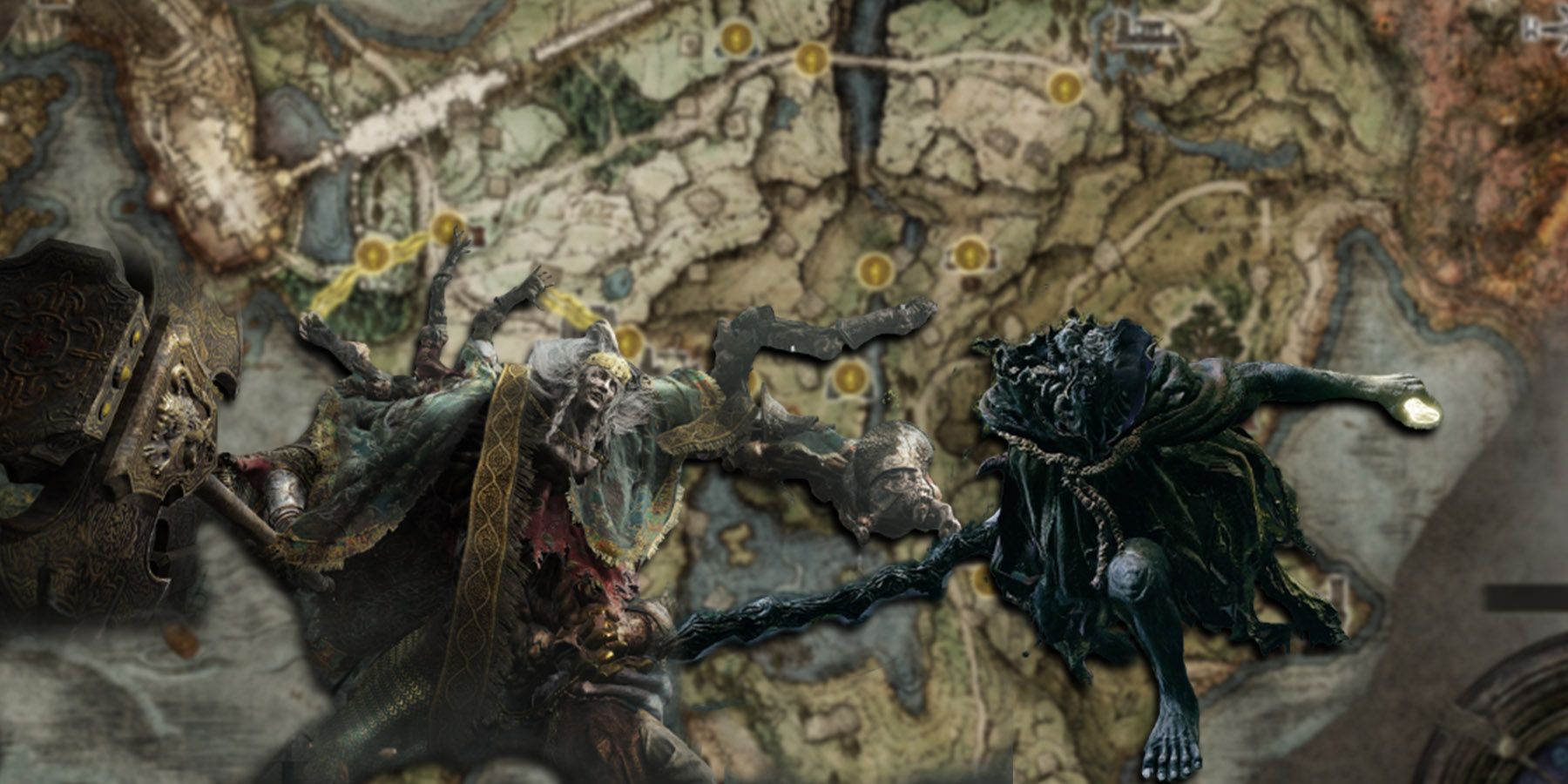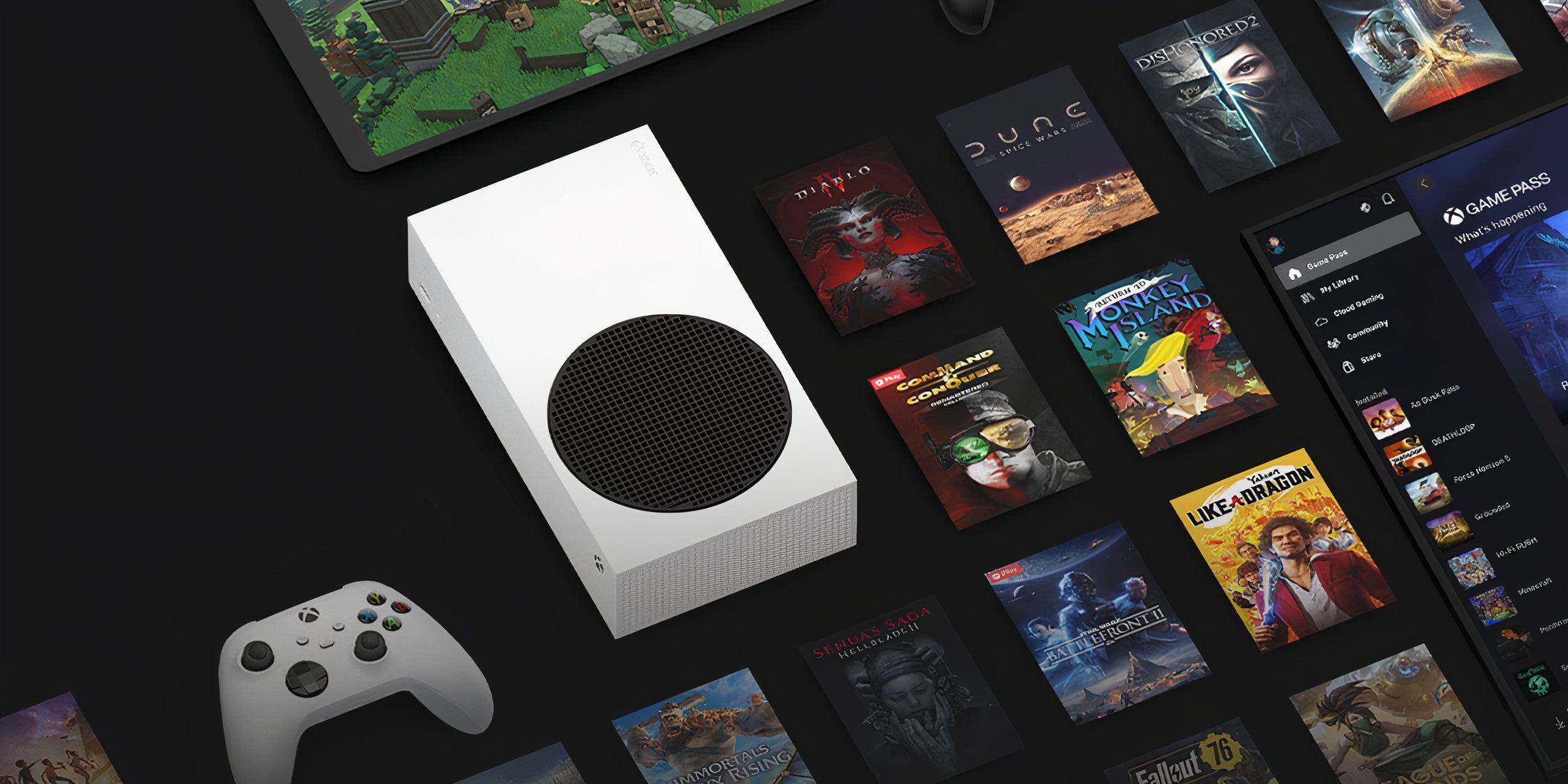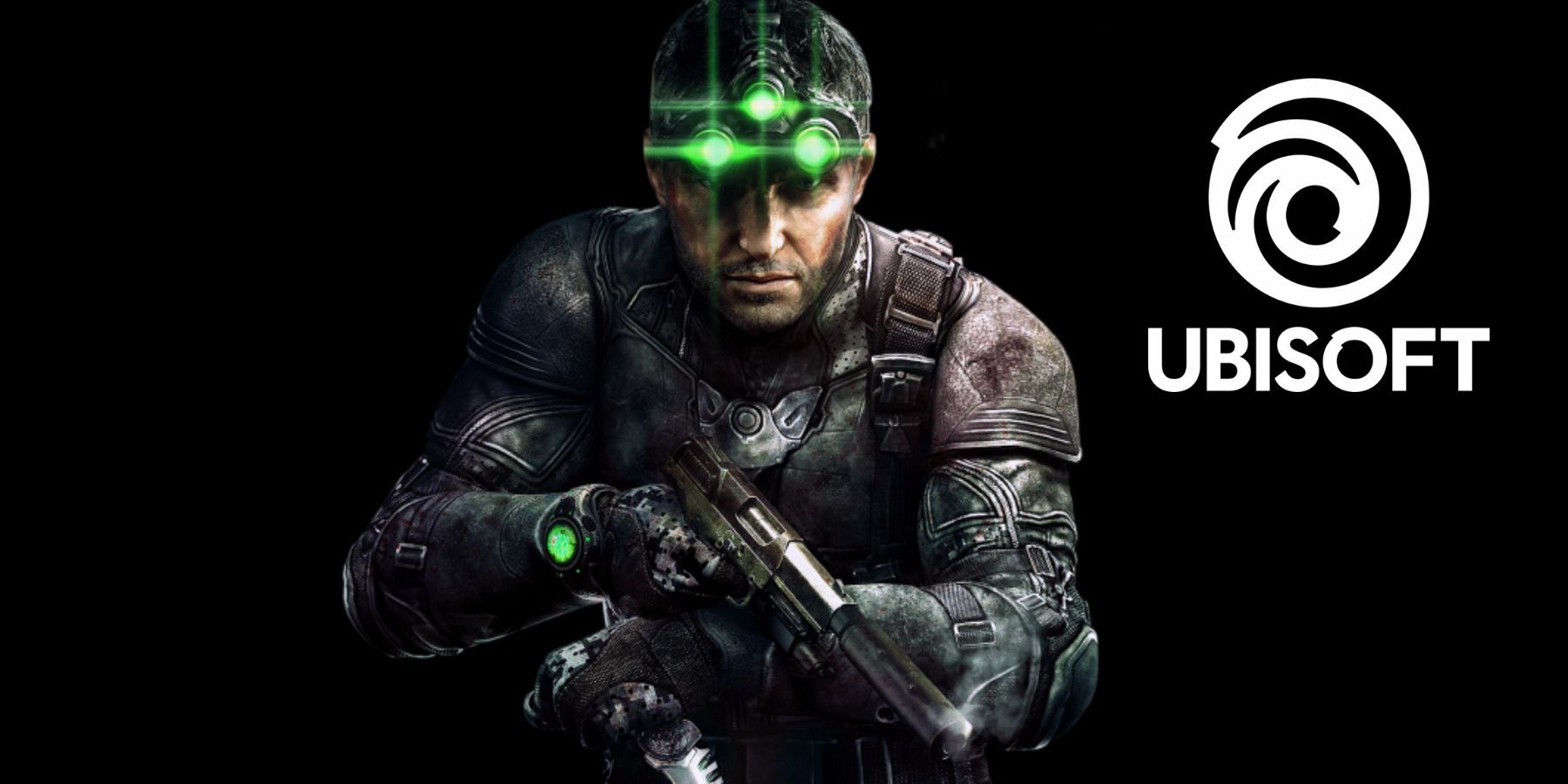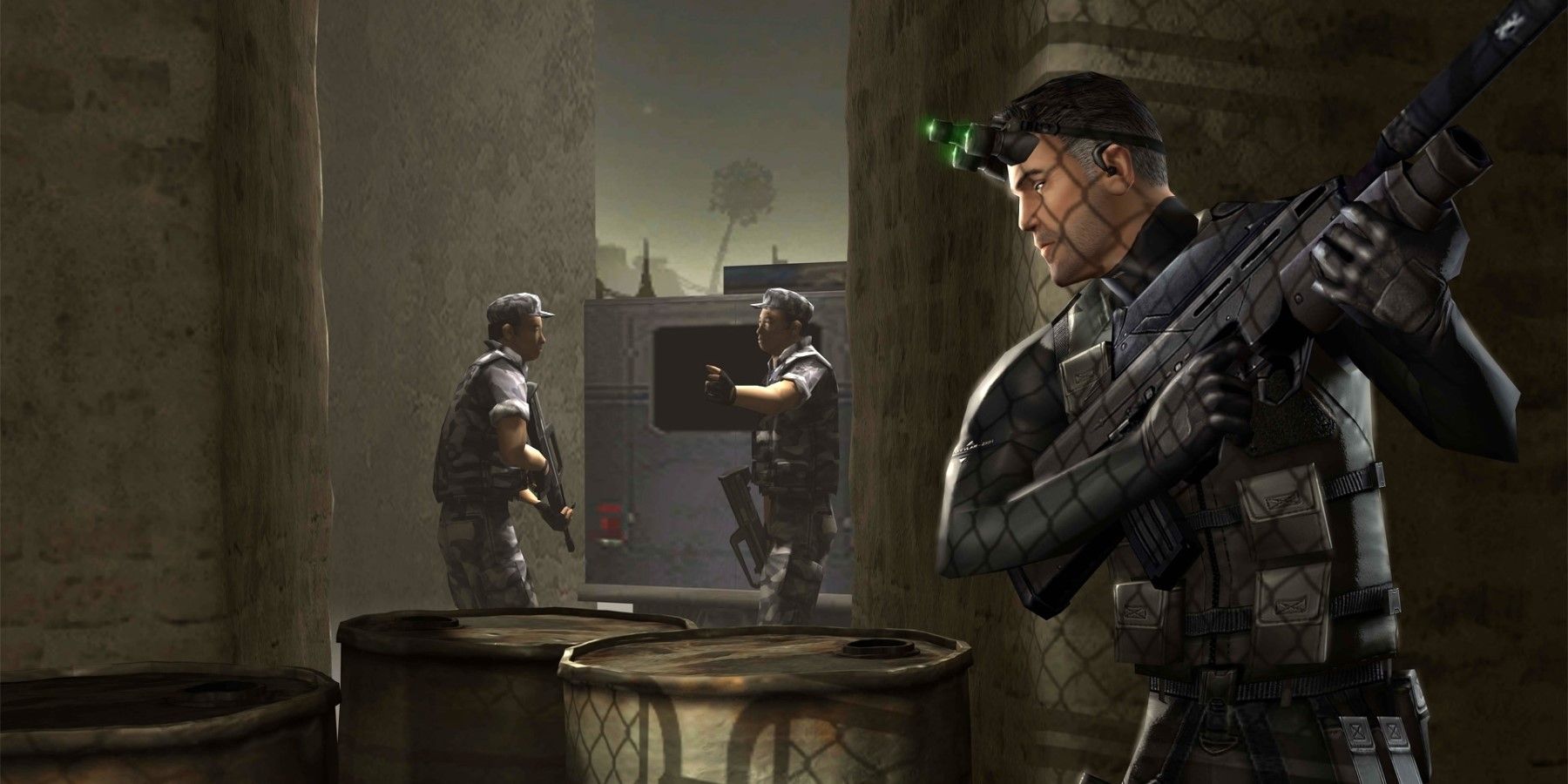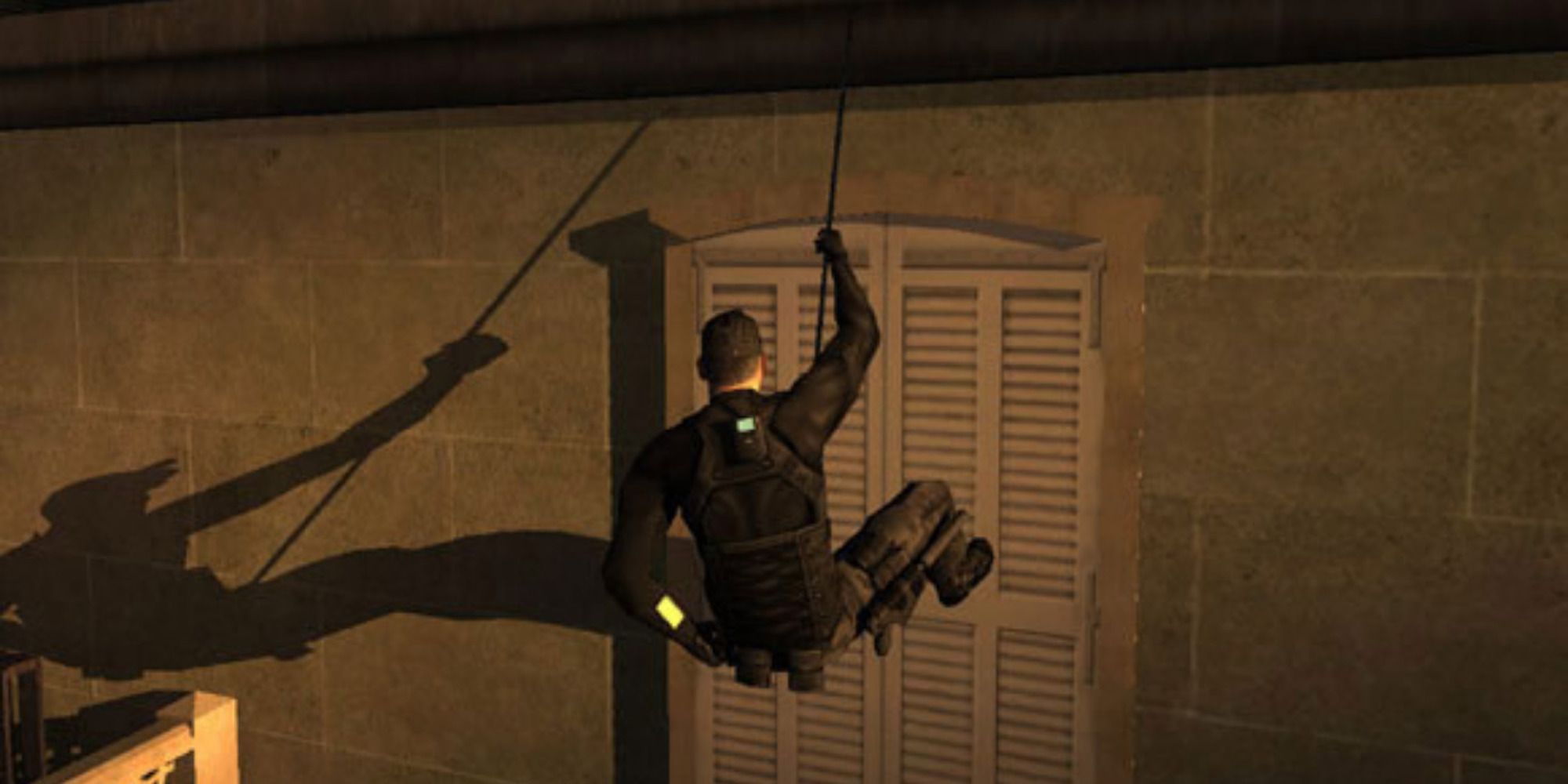Remakes and remasters are a huge part of the AAA gaming ecosystem nowadays, and there aren't many on the way that command as much anticipation as Ubisoft's remake of Tom Clancy's Splinter Cell. Along with the Metal Gear franchise, it is often credited as being the reason stealth games became such a mainstay of the industry, so the remake has some high expectations to live up to. Thankfully, it seems like Ubisoft may be making the right call in how they handle preserving the game's legacy while still making it feel like a worthwhile remake.
The Splinter Cell remake was first announced in December 2021, to the glee of fans who haven't seen a game in the franchise since 2013's Splinter Cell: Blacklist. Very little has been revealed about the remake of the 2002 classic since then, but it seems the game still has a long road ahead in development. Hopefully, that means it has as much time as needed to release as the polished final product it deserves to be. The remake could also succeed by becoming more relevant to modern audiences, and Ubisoft seems to be trying to make that so.
Bringing Splinter Cell Into the Modern Era
The most recent update regarding the Splinter Cell remake came in the form of a job listing for a scriptwriter. The listing suggests that the remake will update the original game's story for a "modern-day audience." Some fans have unfairly assumed this means adding modern political ideas, but there hasn't been any indication that this is the intention at all. It's also difficult to argue that there are no political themes in a video game where a US agent conducts clandestine operations on foreign soil.
What the change hopefully means is that the Splinter Cell remake will be getting a more fully-realized story this time round. The landscape of video game storytelling was vastly different when the original title was released 20 years ago. Games more frequently had a barebones story, largely to justify the gameplay, with little thought given to the depth of the narrative. Splinter Cell reflected this. The original plot followed Sam Fisher, voiced by Michael Ironside, as he carried out missions in search of missing US agents. It was a somewhat cliche idea, and the story played out as such.
Today, narrative has become as much a part of AAA titles as their gameplay. A huge new wave of TV shows and movies based on video games recently is perfect evidence of this. Hopefully, Ubisoft's intended changes are in recognition of this and will bring a more interesting story to the Splinter Cell remake.
Splinter Cell's Gameplay Was Its Strongest Element
Aside from this, Ubisoft has mostly indicated that it wants to preserve the spirit of the original game while making alterations like quality of life changes for modern play. This has been confirmed to apply to the game's structure. The Splinter Cell remake will retain its linear structure, with no open world. Many fans were pleased to hear this, initially concerned that it could take the approach of more recent Ubisoft Tom Clancy games.
Quality of life changes could worry those who only played Splinter Cell near its original release, but are a welcome change for those who have revisited it since. The core gameplay has held up well; playing around shadows was intuitive yet innovative for the time. Meanwhile, other aspects have not aged as well. AI was confusingly inconsistent, bodies triggered alarms without actually being discovered, and checkpoint structure proved frustrating. Hopefully, Ubisoft will implement changes from later installments such as the quick saves of Splinter Cell: Chaos Theory, now a typical feature of the genre.
A Splinter Cell remake is currently in development.

